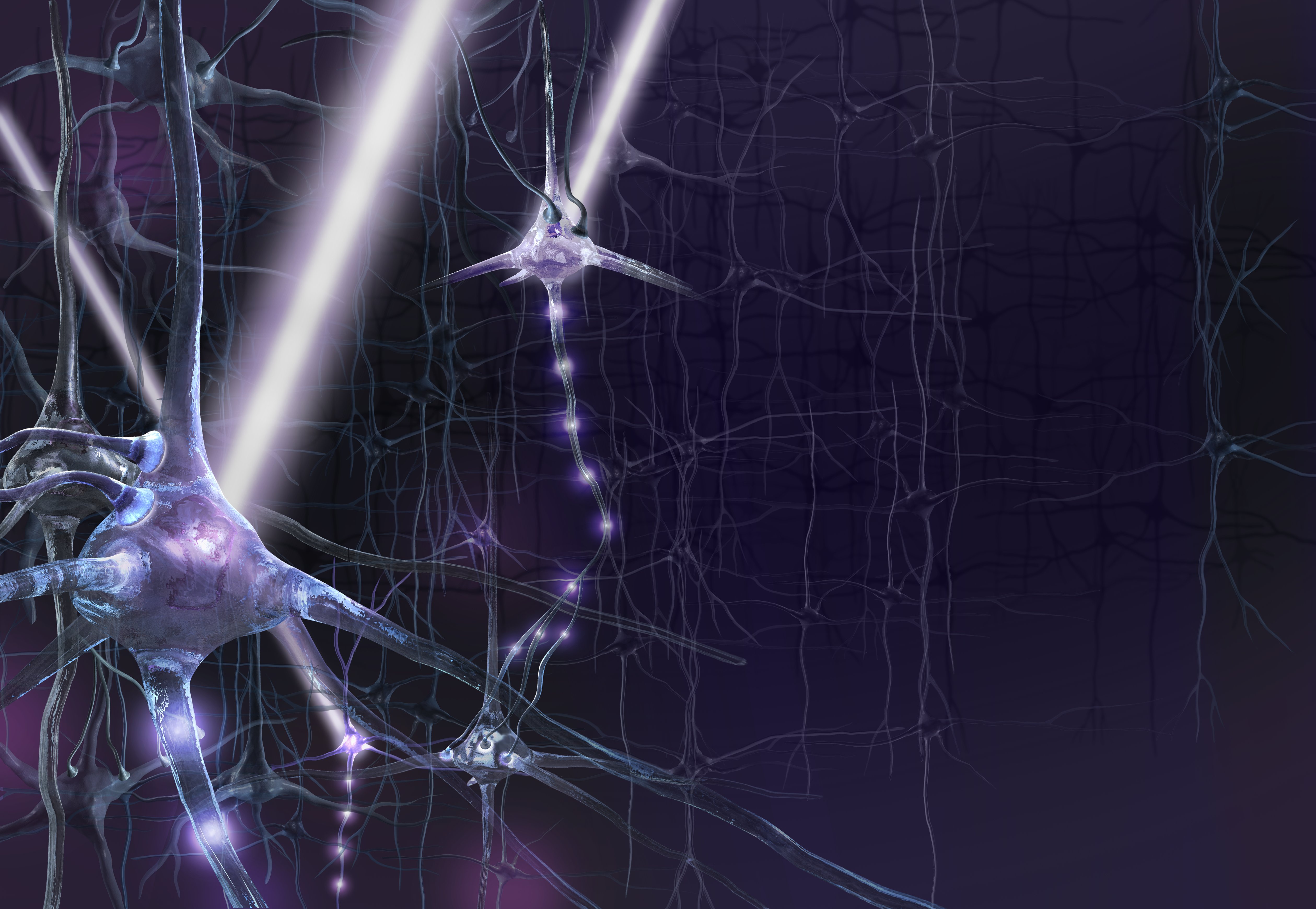Electrodes in the brain to treat Parkinson’s
Bern University Hospital is carrying out ground-breaking research that should lead to better treatments for a number of brain disorders. (RTS/swissinfo.ch)
Neurosurgeon Claudio Pollo and his team are refining the procedure known as deep brain stimulation or DBS, the use of electrodes in the brain to adjust neural activity and treat neurological disorders.
Clinical trials have shown that, by using smaller and more directional electrodes, less current is needed and there are fewer side effects from the treatment.
The results were published in the neurology journal Brain.
Electrodes implanted into targeted brain regions deliver electrical stimulation to either excite or inhibit activity in a neural circuit. DBS patients are fitted with battery-powered pulse generators, connected to the electrodes via insulated wires. The generator is similar to a heart pacemaker and about the size of a stopwatch
It’s estimated that more than 100,000 patients worldwide have received DBS, mostly to treat Parkinson’s disease.
At present, the procedure is only used with patients whose symptoms cannot be adequately controlled with medication.

You can find an overview of ongoing debates with our journalists here . Please join us!
If you want to start a conversation about a topic raised in this article or want to report factual errors, email us at english@swissinfo.ch.